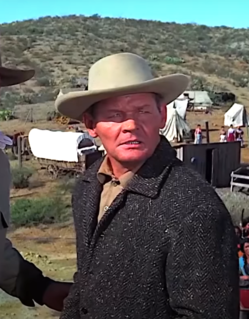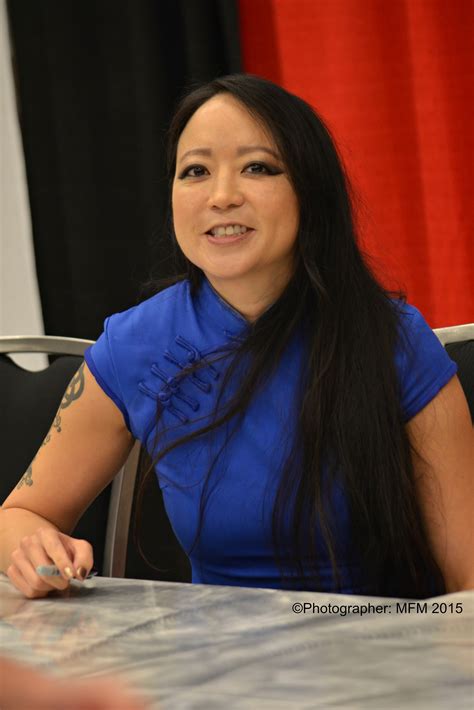A Quote by Leo Gordon
Begin thinking of death and you are no longer sure of your life. It's a Hebrew proverb.
Related Quotes
And after your death, when most of you for the first time realize what life here is all about, you will begin to see that your life here is almost nothing but the sum total of every choice you have made during every moment of your life. Your thoughts, which you are responsible for, are as real as your deeds. You will begin to realize that every word and every deed affects your life and has also touched thousands of lives.
By 'coming to terms with life' I mean: the reality of death has become a definite part of my life; my life has, so to speak, been extended by death, by my looking death in the eye and accepting it, by accepting destruction as part of life and no longer wasting my energies on fear of death or the refusal to acknowledge its inevitability. It sounds paradoxical: by excluding death from our life we cannot live a full life, and by admitting death into our life we enlarge and enrich it.
Laughter. Yes, laughter is the Zen attitude towards death and towards life too, because life and death are not separate. Whatsoever is your attitude towards life will be your attitude towards death, because death comes as the ultimate flowering of life. Life exists for death. Life exists through death. Without death there will be no life at all. Death is not the end but the culmination, the crescendo. Death is not the enemy it is the friend. It makes life possible.
Life will be wonderful when men no longer fear dying. When the last superstitions are thrown out and we meet death with the same equanimity as life. No longer will children's minds be twisted by evil gods whose fantastic origin is in those barbaric tribes who feared death and lightning, who feared life. That's it: life is the villain to to those who preach reward in death, through grace and eternal bliss, or through dark revenge.
Your doubts are not the product of accurate thinking, but habitual thinking. Years ago you excepted flawed conclusions as correct, begin to live your life as if those warped ideas about your potential were true, and ceased the bold experiment in living that brought you many breakthrough behaviors as a child.
When you have a baby you start thinking of death cuz' you see the opposite of life. I've calmed down now but for the first or two years, I kept thinking: "Oh my God, if I die what's going to happen to the child?" And you realise how vulnerable they are, but how critical your own life is because they're so dependent on you. You do feel your own mortality. I kept saying to myself: "OK, when they're 18, I'll be 'x'; so if they get married at 30, I'll be'x'will I get to see grandchildren?" So, since they've been born I've been thinking about death the whole time.
We are left with nothing but death, the irreducible fact of our own mortality. Death after a long illness we can accept with resignation. Even accidental death we can ascribe to fate. But for a man to die of no apparent cause, for a man to die simply because he is a man, brings us so close to the invisible boundary between life and death that we no longer know which side we are on. Life becomes death, and it is as if this death has owned this life all along. Death without warning. Which is to say: life stops. And it can stop at any moment.
Look who's calling the cauldron black." "Kettle. It’s a kettle. Get your metaphors right." "That wasn’t a metaphor. It was a, you know..." He stared off into space, blinking. "One of those things that’s symbolic of another thing. But isn’t the same thing. Just like it." "You mean a metaphor?" "No! It’s like a story...like...a proverb! That’s it." "I’m pretty sure that wasn’t a proverb. Maybe it was an analogy." "I don’t think so.
People are not afraid of death, they are afraid of losing their separation, they are afraid of losing their ego. Once you start feeling separate from existence the fear of death arises because then death seems to be dangerous. You will no longer be separate; what will happen to your ego, your personality? And you have cultivated the personality with such care, with such great effort; you have polished it your whole life, and death will come and destroy it



































